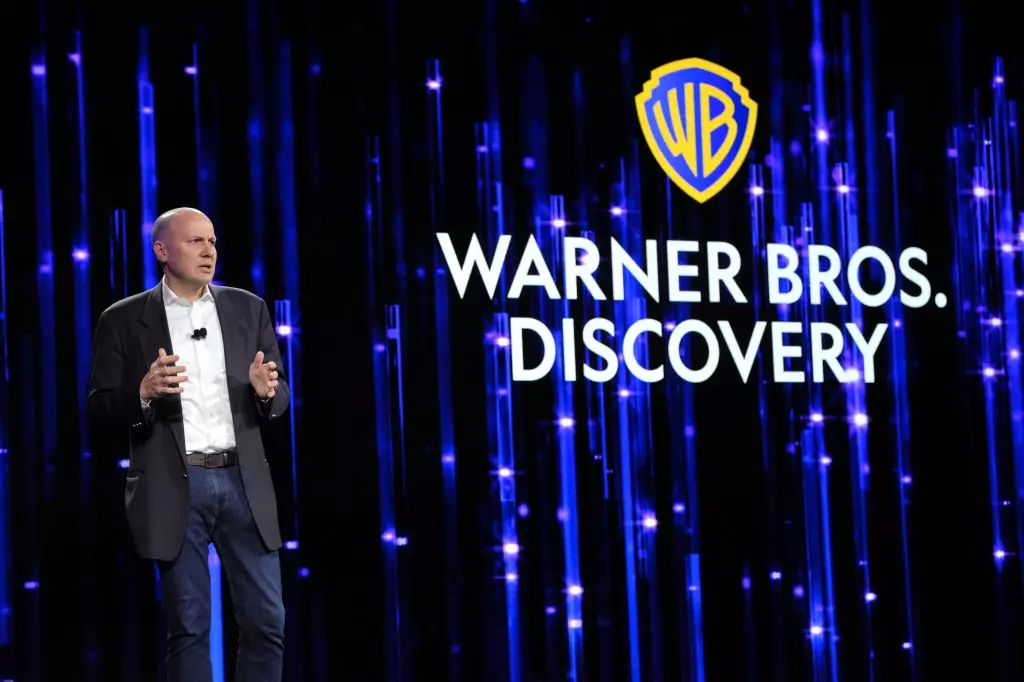As Warner Bros. Discovery (WBD) prepares to launch its streaming service Max globally, significant questions arise regarding its distribution strategy, particularly in key European markets such as the UK, Germany, and Italy. CEO JB Perrette recently hinted at a potential shift in partnership dynamics, suggesting that e-commerce giant Amazon could play a pivotal role in distributing HBO content. This marks a departure from WBD’s long-term relationship with Sky, whose contracts to distribute HBO content are approaching expiration within the next year.
The media landscape has transformed dramatically since HBO’s inception. Originally, HBO flourished within the confines of traditional pay-TV arrangements, guided mainly by distribution partners like Sky. However, the rise of streaming has not only democratized content delivery but introduced complexities in viewer acquisition and retention, pushing WBD to reassess its operational strategy.
The Streaming Landscape: Challenges and Opportunities
The stakes are high as WBD scrambles to navigate the competitive streaming environment. The looming expiration of existing deals with Sky coincides with an increasingly aggressive stance taken by Amazon in the streaming arena. As WBD aims to establish its presence in Europe with Max by 2026, it must contend with the challenge of integrating its direct-to-consumer (DTC) approach while potentially collaborating with established distribution partners.
Perrette pointed out that WBD has acquired significant insights from managing both DTC initiatives and traditional partnerships. However, the historical model that necessitated pulling content away from distributors to focus solely on DTC is no longer a given. In fact, leveraging the existing subscriber base of Sky could serve to amplify viewership and retention for Max, reinforcing the notion that a hybrid approach could be more beneficial.
The Future of HBO in Europe
The dilemma presented by the relationship with Sky is multifaceted. While WBD recognizes that Sky possesses a robust installed subscriber base crucial for the HBO brand, it also understands the need for a more aggressive and adaptive strategy. This evolution is vital as streaming services increasingly need to justify their value amidst a growing array of choices available to consumers.
As discussions between WBD and various potential partners progress, the CEO emphasized that “time will tell” how this relationship evolves. With an established fan base cultivated through years of collaboration with distributors like Sky, WBD finds itself at a crossroads. The company must determine whether maintaining an alliance with Sky, especially given the installed user base, outweighs the benefits of forming new partnerships with companies like Amazon.
In an era where viewer habits are shifting rapidly, the decisions made today will have long-lasting impacts on the HBO brand and its ability to remain relevant and competitive in the European market. WBD’s navigation of these waters will require both strategic foresight and agility as it aims to not only retain but expand its audience in the ever-evolving streaming landscape.

